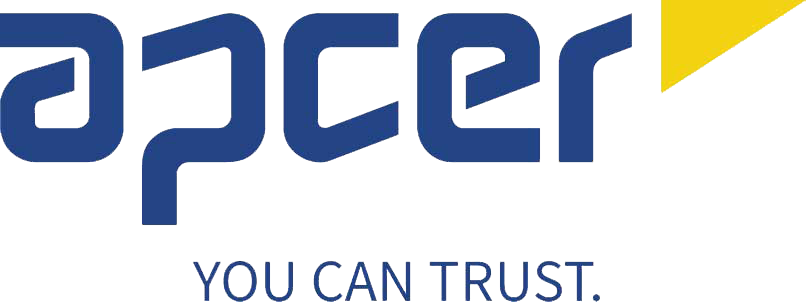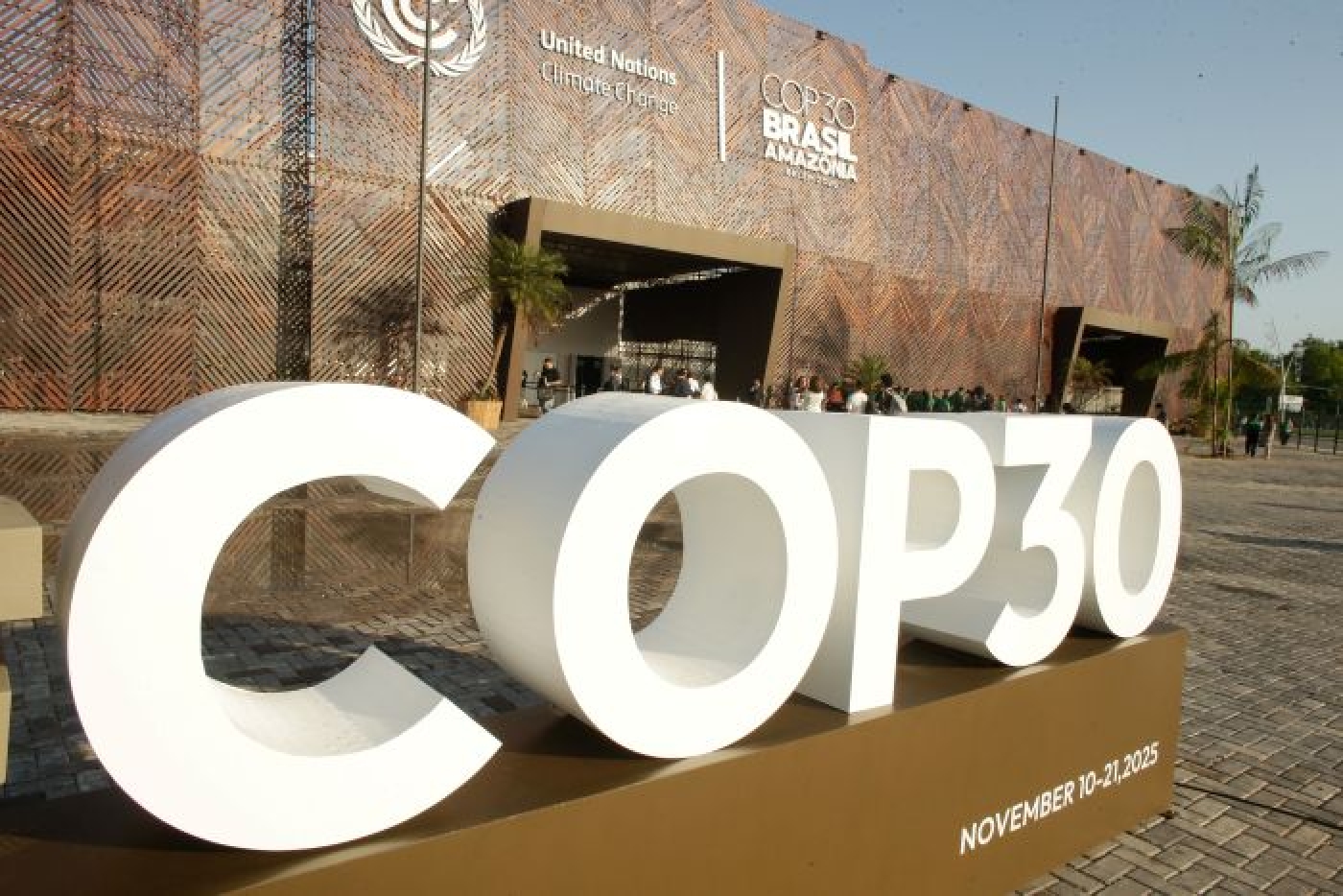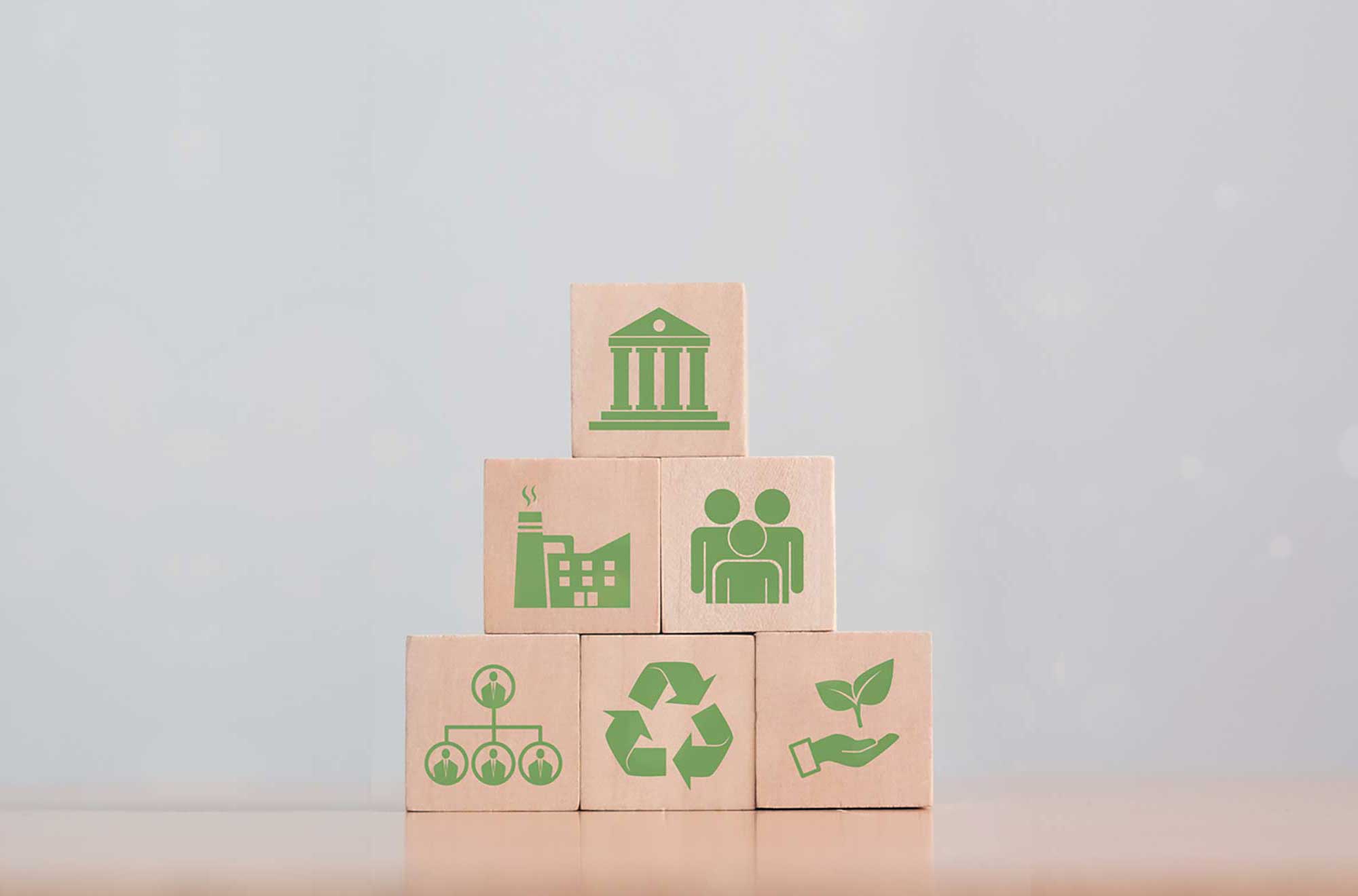According to the United Nations, sustainable development can be defined as “development that meets the needs of the present without compromising the ability of future generations to meet their own needs”.
This global concept became more present in the world's political agenda during the Rio Conference, held in the city of Rio de Janeiro in 1992. Following this summit, 3 documents were published that define the political guidelines and global directives for sustainable development. They are “Agenda 21”, the “Rio Declaration” and the “Principles for the Sustainable Management of Forests”.
Since then, the concept of sustainable development has become a central aspect of national, european and global political agendas, in the sense of adopting these strategic principles, which aim to reinforce and harmonize the different approaches to economic, environmental and social issues.
That is why the definition of a sustainable development strategy is, more and more, a central issue in all organizations worldwide. Organizations are under more pressure from the market and are beginning to perceive the need to contribute to sustainable development in its different dimensions. To this end, they focus on the effective and efficient management of their processes in order to guarantee the quality of their products or services, aiming to balance economic prosperity (creation of value for Stakeholders), social equity and environmental concern.
According to several authors and studies carried out, true sustainable development is only achieved with the integration of these 3 general principles: economic prosperity, environmental integrity and social equity, and these must be applied to policies, practices, products or organization's services.
Thus, organizations recognize the implementation and certification of an integrated management system (IMS) as a key tool to create competitive advantages and achieve the concept of Sustainable Development. The idea behind this concept is that an organization, as far as possible, can manage all of its operations through an IMS, ensuring compliance with legal and regulatory requirements, as well as the needs of the various aspects of the business, namely customer satisfaction. of customers, the quality of products or services, the creation of value for its Stakeholders, the well-being and safety of employees and the minimization of the impact of operations on the environment and society.
The very writing and evolution of the different normative references led ISO, in the ISO 9000:2015 – Quality Management System, to present a definition of Sustained Success as “success during a given period of time”, noting that “sustained success emphasizes the need to establish a balance between the economic and financial interests of the organization and those of the social and ecological environment”.
The standards that are most commonly adopted in an SGI are ISO 9001, ISO 14001 – Environmental Management System and ISO 45001 – Occupational Health and Safety Management System. However, many more can be adopted such as SA 8000 – Social Responsibility, NP4552 – Management system for reconciling professional, family and personal life, ISO 50001 – Energy Management Systems or ISO 31000 – Risk Management , just to give a few examples.
Thus, there is no doubt that the implementation and certification of an SGI contributes to sustainable development, presenting a set of tangible and intangible benefits, internal and external, for the organizations that adopt it.
If we consider these benefits according to the 3 pillars of sustainable development, we can highlight the following:
Economic
• Simplification of processes and systems;
• Cost reduction and improvement of operational efficiency through an adequate use of resources;
• Improvement of the organization's competitiveness and its financial sustainability.
Social
• Improvement of the organization's image before society and its Stakeholders;
• Improved employee satisfaction;
• Greater talent attraction and retention.
Environmental
• Reduction of the organization's environmental impact and conservation of natural resources;
• Easier identification and compliance with legal and regulatory requirements;
• Increased resilience and capacity to adapt to climate change.
Of course, we cannot omit that the implementation and certification of an IMS also presents challenges and difficulties that accompany the process. As in any implementation, it is necessary to introduce changes, with the greatest difficulties usually related to:
• Organizational culture not aligned with the vision of sustainable development;
• Doubts from top management about the added value resulting from the implementation and certification of the SGI;
• Resistance to change and alteration in terms of current processes and procedures;
• Difficulties in fully complying with applicable legal and regulatory requirements;
• Additional training needs on the part of the people involved.
We believe that the potential benefits far outweigh any challenges and difficulties, and that the implementation and certification of the IMS allows organizations to innovate in their management practices and adopt sustainable practices. In fact, an IMS adds value and creates a culture of good corporate sustainability practices and therefore contributes to the Sustainable Development of Society and the world in general.
The IMS certification allows the validation of the good practices of the organizations by an independent entity, guaranteeing that their processes, products and services are in compliance, contributing to a greater notoriety and improvement of the organization's image before the market and society, which can translate into access to new markets. APCER, a certifying entity with national and international recognition, has more than 25 years of experience in collaboration with organizations, fulfilling its mission of building trust between people and organizations, improving management practices and contributing to a sustainable society. It also provides training solutions, open or in-company, which contribute to the acquisition of skills, to the increase of knowledge and to the development of talent.
Ricardo Marques
Certification Unit Leader, APCER
This email address is being protected from spambots. You need JavaScript enabled to view it.















